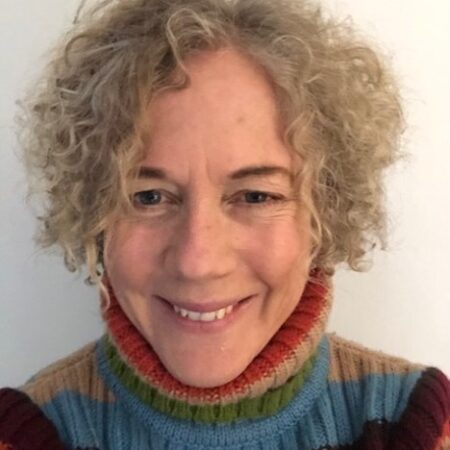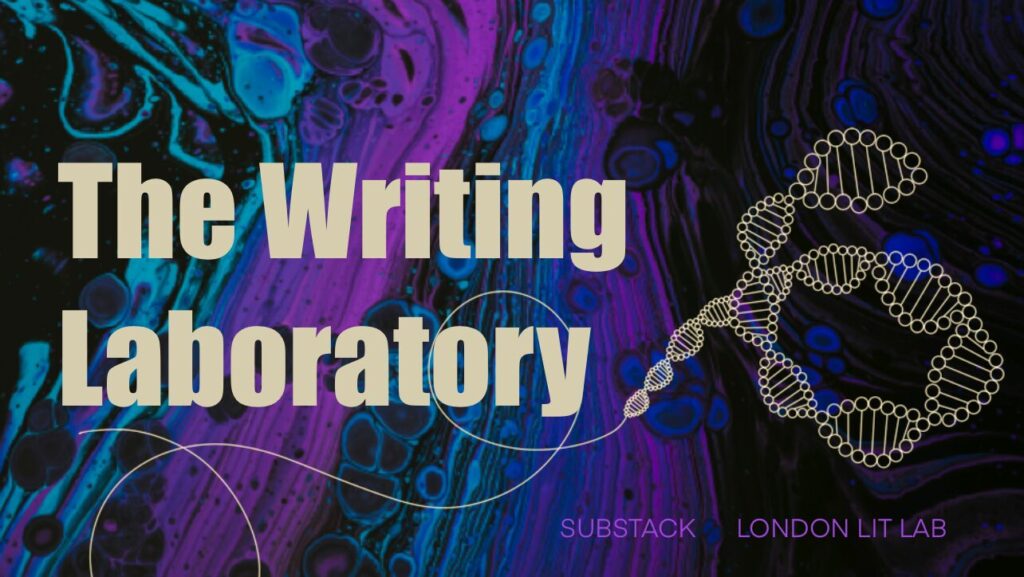Through instruction, discussion and practical application, Finding Your Voice will help you learn techniques to connect with your most authentic writing-self, whilst helping you identify the themes and stories that have meaning to you. This course will help you recognise the difference between the noisy, judgemental chitter-chatter of the mind, and the quieter, wiser voice of your inner writer.
By the end of this six weeks, you will have the beginnings of a piece that reflects your unique and authentic voice, and have the tools to breathe new life into existing writing projects.
Course outline
- Three assignments, including reading material, discussion prompts and writing exercises
- Peer feedback on your work
- Detailed written feedback from the course tutor on your final assignment
- A Q+A session with Kylie Fitzpatrick
- An online writing community, lasting beyond the end of the course
This course is six weeks long and asynchronous (so you can log in and add to the discussion whenever you want) with weekly ‘windows’ of when you should read assignments, upload your work or offer and receive feedback.
Course content
This course is designed to help you to find your writing voice, that evasive yet unique dimension of your writing identity which communicates directly with readers. Ironically, the more we try to make writing ‘better’, more sophisticated or humorous, learned or street or experimental, the less authentic it can become.
In Finding Your Voice, through selected reading materials, discussion prompts and writing exercises, we will come to identify what our writing voice really sounds like and will develop the confidence to use it authentically.
Assignment 1 – Writing in the first-person, ‘I’, is the natural first step in identifying what we really think, how our writing ‘sounds’ and what has meaning for us. Writers use first-person narration when they want to create intimacy, insight and to develop a sense of trust with readers, and this is exactly what we want to develop on this course. These are all aspects of ‘voice’. This assignment will take us right to the beating heart of our ‘inner writer’.
Assignment 2 – Having the ability to write beautiful prose is a rare gift, but this isn’t necessarily a voice. You don’t have to be a literary acrobat to write something engaging, powerful or meaningful. In this assignment we’ll write some descriptive prose: setting, character and interiority, to understand how to consciously use language that comes naturally to us.
Assignment 3 – It is often only when we have written and rewritten that we fully understand what it is we are writing about; it has been said that we write to find out what we think. Self-editing, or rewriting, is an intrinsic part of finding your writing voice; going back over a piece of writing is like an archeological excavation: you never know what you might find in the next layer. In this assignment we’ll discover the riches to be found in rewriting.
Learning online
The course will take place online, in a closed group on a platform called Slack. You’ll need to have internet access to receive the assignments and when you give and receive feedback. Slack is easy to use, and we’ll provide you with full instructions and guidance before the course starts. On Slack, we won’t have scheduled live chats, but there will be plenty of opportunity to interact with Kylie and the other course participants in discussion threads, throughout the six weeks.


